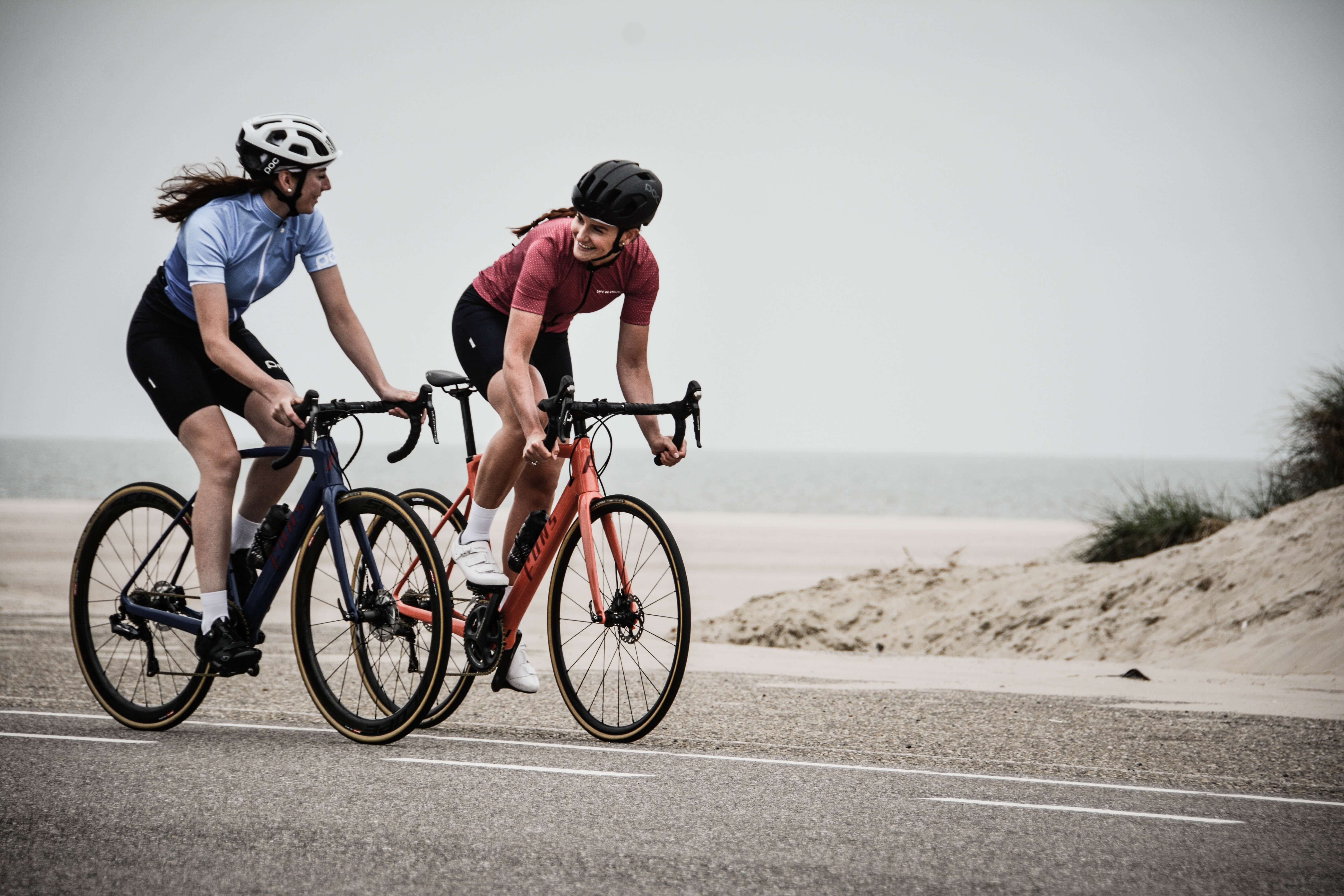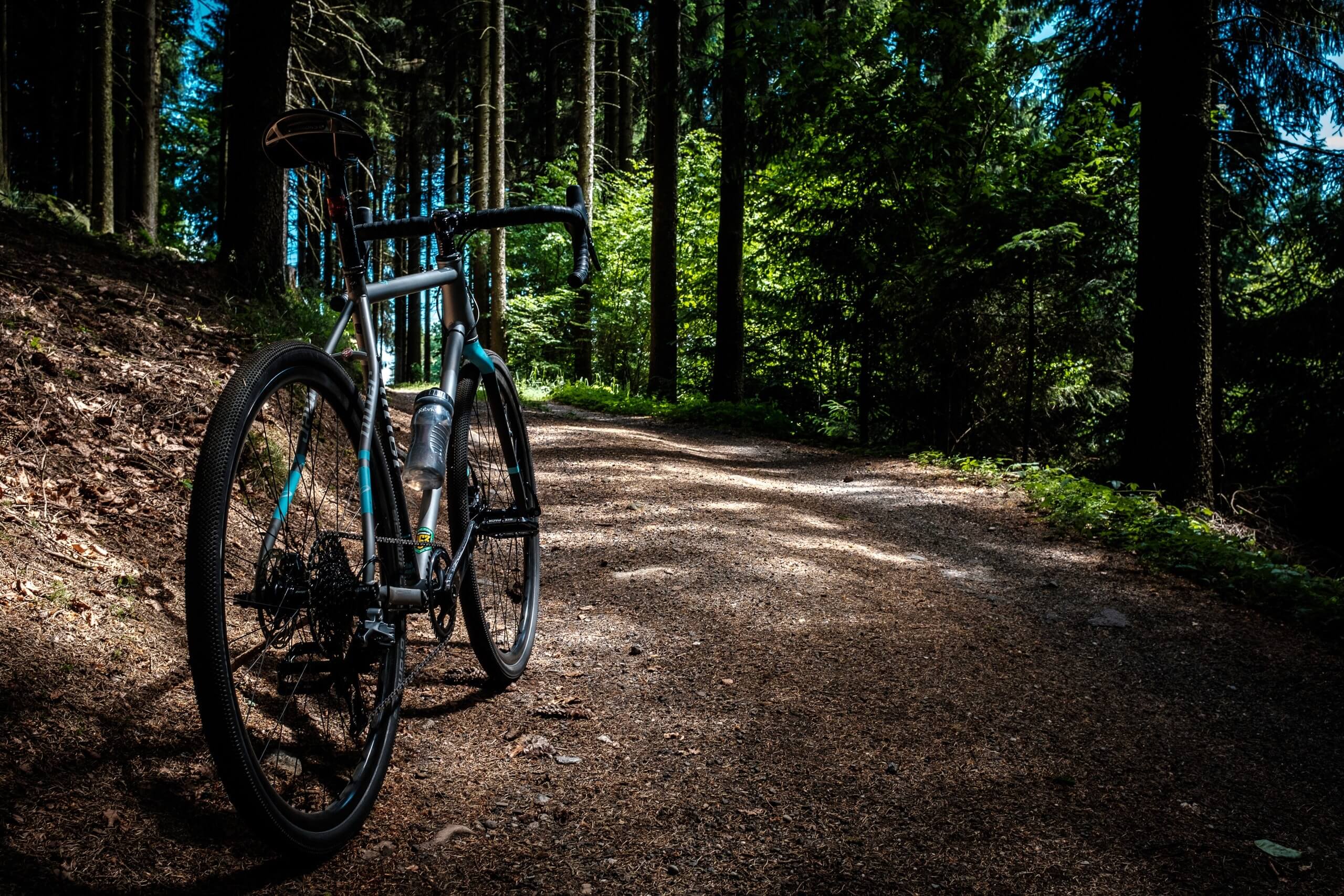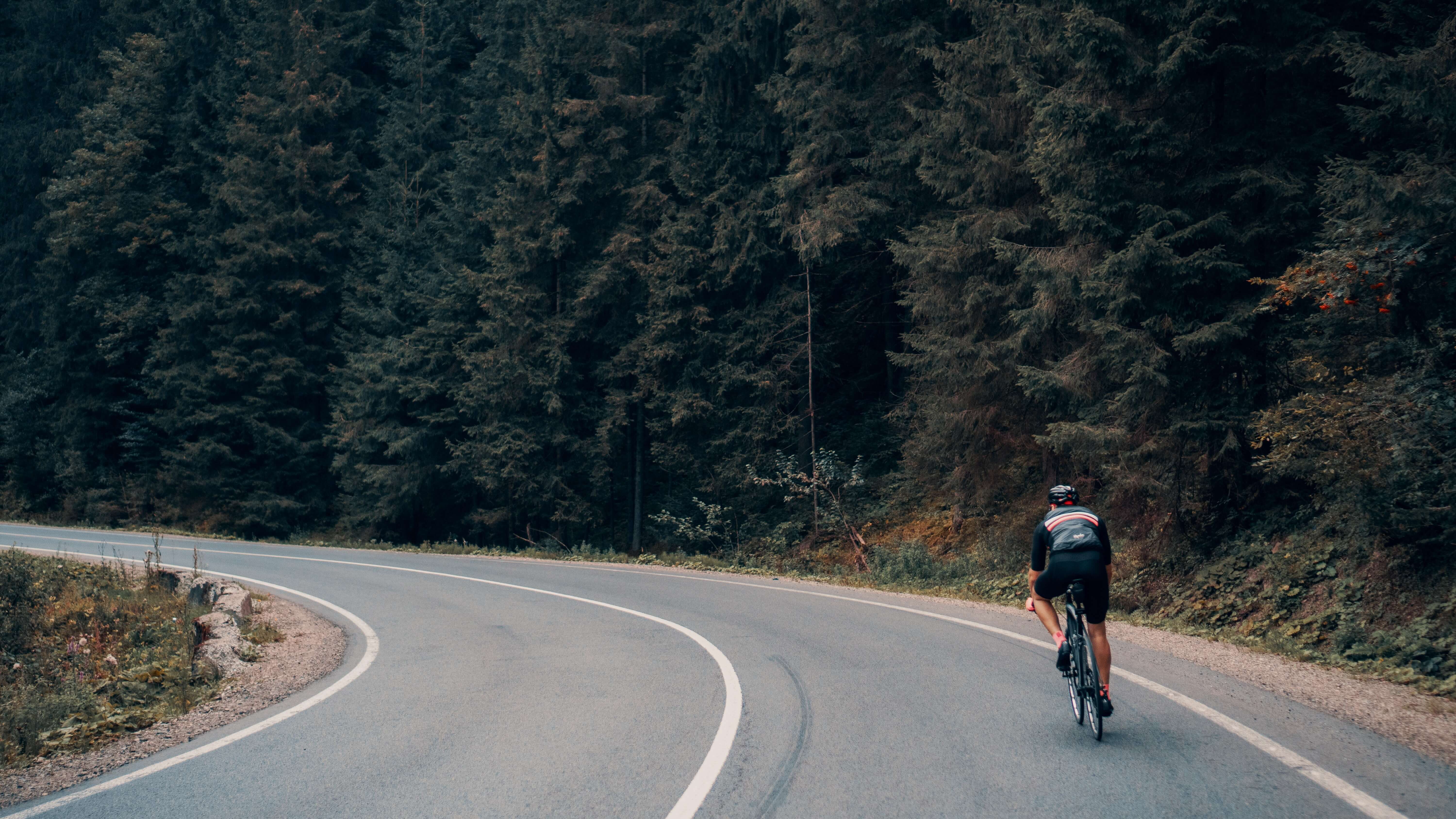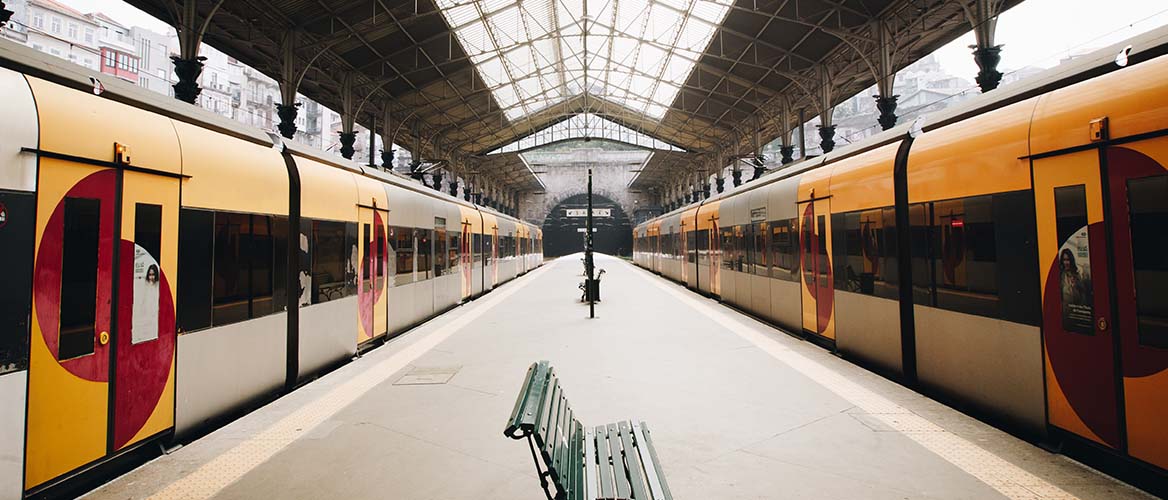April 25, 2019
March 26, 2020
It might seem a topic with little relevance at this time of Coronavirus-quarantine, but life does go on… And after we’ve been set free and have brushed the dust off our two-wheeled companions, this article might give you some inspiration to explore Spain cycling.
As usually happens with these listing articles, there’s only so much we can propose, due to the huge range of possibilities Spain offers (in general). Undoubtedly, there are bicycle enthusiasts who can broach even more possibilities - and please do feel free to comment and share - but the routes below are definitely worth riding as a cycling enthusiast. Consider this article more as a tribute to the top cycling in Spain routes and a reminder to get back on our bikes as soon as we can!
1. TransAndalus
In Southern Spain, in the region of Andalusia, the TransAndalus cycling route is no less than 2000 km long. This is a cycling route for mountain bikers that goes through all eight provinces of Andalusia and along/through the most beautiful nature reserves such as the Sierra Nevada, Doñana and Cabo de Gata.
2. Vía Verde Toledo
The Spanish government has transformed many old train tracks across Spain into cycling and hiking trails that have been given the name Vía Verde. As always, opinions are divided as to which of these Vía Verde's is actually the most beautiful, but many people will agree that the Vía Verde de la Jara - in the province of Toledo - is a good contender. This Vía Verde is more than 50 kilometers long and offers the cyclist the most beautiful panoramic views, bridges, tunnels, reservoirs and villages.

3. Alicante along the sea
In the province of Alicante, cyclists (and hikers) can enjoy a beautiful walking and cycling path along the Mediterranean Sea. This route is located between San Juan beach and Campello and is ideal for the whole family. The route is 26 kilometers long and, once at the end, you can take the tram back to the starting point.
4. Barcelona from the hill
For those who are visiting Barcelona (or live there), it might be nice to get on a mountain bike and enjoy the most beautiful panoramic views of the Catalan capital. In the Collsera Natural Park, located on the Tibidabo mountain (complete with amusement park and antenna), runs a route of almost 10 kilometers with the best views of Barcelona. Tip: try to avoid the (extra busy) weekends.
5. Pilgrimage by bike: Camino de Santiago
For those who are experienced in cycling long distances and want to combine this with the longest and most beautiful pilgrimage route in Spain, the “Camino de Santiago” is another top route. You can choose to do the more than 800 kilometers to cover it completely or “just” the 200 kilometers that are required to receive the pilgrim's certificate. This route is for the die hards.

6. Lanzarote by bicycle
Cycling through volcanic landscapes is the thing on the Canary Island of Lanzarote. You basically have two options, depending on how fanatic you are: reach the elevated landscape by car and then downhill by bike with an organized excursion or pedal your way up and down yourself. All this is possible in the Timanfaya Natural Park where a beautiful 8 kilometers long road leads you through the volcanic countryside. And, thanks to the climate, you can do this all year round.
7. Mallorca
The Balearic island of Mallorca is a true cycling paradise. Thousands of cyclists come here every year to enjoy the spectacular nature reserve, roads and views. One of the many beautiful routes is 25 kilometers long and starts in the town of Pollenca with the northernmost point of the island, the lighthouse of Formentor, as the end point. However, pay close attention to traffic here, as the route follows the normal road used by many (holiday) cars and motorcycles.
8. Pyrenees
If you are an experienced cyclist it might be nice to cycle through the Pyrenees from the Catalan coast to the Basque coast (or vice versa). This route is only for the cyclist who loves mountains and has the stamina to cycle up and down their passes.
Undoubtedly there are many more beautiful top cycling in Spain routes and if you have ideas, report them as a comment at the bottom of this article.

Cycling in Madrid
Ok, so you have to be a little handy with two wheels, but it is still fun to ride your bike through Madrid. There are several companies that offer organized tours which will of course take you to the beautiful Retiro Park (cycling is allowed on the paved areas) and to the new cycle path along the river Manzanares, Madrid Río. (Be warned: it’s a steep uphill from the river back to the center.) A top option to include when cycling in Madrid is definitely the Casa de Campo forest, with the entrance next to the river. Especially for mountain biking.
Here, you can connect with the "Anillo Verde", the “green (cycling) ring” around Madrid. It is 65 km long and signposted. Not all sections are interesting, but the part from Casa de Campo towards the mountains (north) is recommendable. Honestly though: despite the attractive name, the Anillo Verde as a whole is not recommended.
Cycling outside Madrid
If you’re looking to cycle longer distances, follow the path from the Anillo Verde to the north along the M-607 highway. This tremendously popular cycle path ends in the village of Soto del Real, a well-known stop for cyclists. From there you can cycle several beautiful and demanding mountain routes in National Park Sierra de Guadarrama.
By train or metro
If you don't want to cycle out of town yourself, you can use a Cercanía train. In these short distance trains you’re allowed to bring your bicycle for free. Madrid has ten. One of the lines goes to El Escorial, where there’s excellent cycling. Another good starting point is the equally famous town of Aranjuez, south of the capital. You can ride various routes from here, including the Vía Verde del Tajuña (49 km).
Bike in the metro
Madrid has the third largest metro system in Europe. All lines are clearly marked in color and you can go anywhere. Line 8 (pink line) goes to the airport (ticket with surcharge).
The bicycle is allowed on the metro at weekends and outside rush hours (not between 7.30h-9.30h, 14h-16h or 18h-20h). Before diving underground, carefully consider if it’s your best option; some platforms are located very deep underground and there aren’t always lifts or escalators.
If you like biking, why not try out rock climbing? Discover our beginner's guide:
.png?width=344&height=67&name=logo_caser%20(2).png)








Let Us Know What You Thought about this Post.
Put your Comment Below.